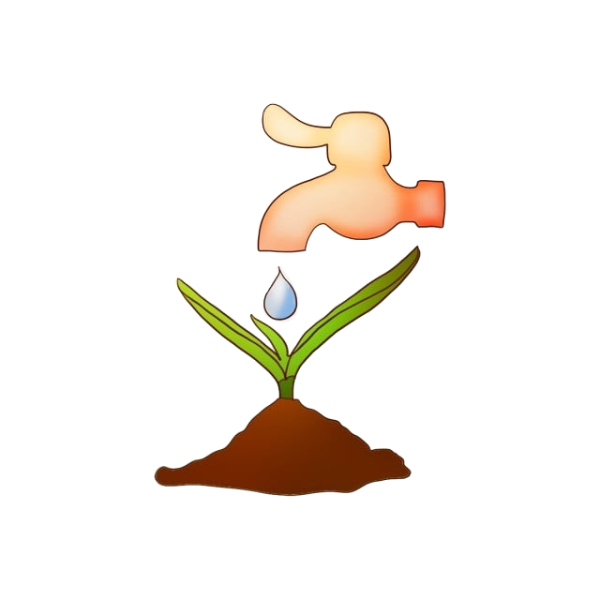#StopSoilPollution: 6 reasons why soil pollution should not go unnoticed
It is estimated that 95 percent of our food is directly or indirectly produced on our soils.
FAO: 02/05/2018
Soil is a finite resource, meaning its loss and degradation is not recoverable within a human lifespan. Soils affect the food we eat, the water we drink, the air we breathe, our health and the health of all organisms on the planet. Without healthy soils we wouldn’t be able to grow our food. In fact, it is estimated that 95 percent of our food is directly or indirectly produced on our soils.
Healthy soils are the key to food security and our sustainable future. They help sustain food production, mitigate and adapt to climate change, filter water, improve resilience to floods and droughts and so much more. Yet, an invisible threat is putting soils and all that they offer at risk.
Soil pollution causes a chain reaction. It alters soils’ biodiversity, reduces soil organic matter and soils’ capacity to act as a filter. It also contaminates the water stored in the soil and groundwater, and causes an imbalance of soil nutrients. Among the most common soil pollutants are heavy metals, persistent organic pollutants and emerging pollutants – like pharmaceutical and personal care products.
